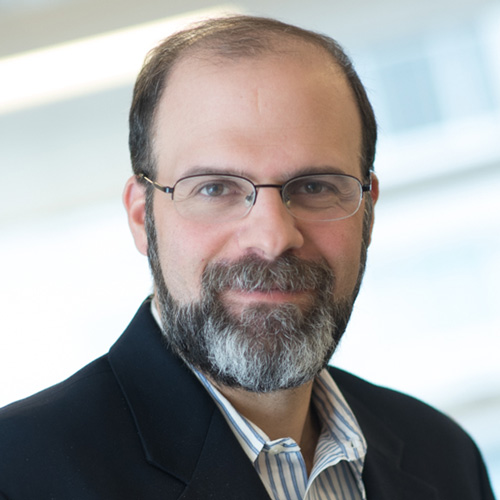Why do the majority of religious Jews and Christians believe in conservative ideas? The short answer is: for moral reasons. The core principles of modern conservatism—including the belief in free markets and free enterprise, traditional families and faith communities, sovereign nations that respect the rights and dignity of every person—are grounded in a moral vision of a worthy life and a good society. In the modern age, religious communities have a special responsibility to articulate and defend the moral case for conservatism in the public arena. This is an intellectual challenge—requiring the perpetual renewal of conservative thinking in light of new challenges, disruptions, and opportunities. And it is a civic challenge—requiring men and women of faith to sustain, renew, and build institutions that perpetuate and advance the moral vision that animates modern conservatism at its best. In this session, executive director of the Tikvah Fund, Eric Cohen, makes the Jewish case for federalism.
